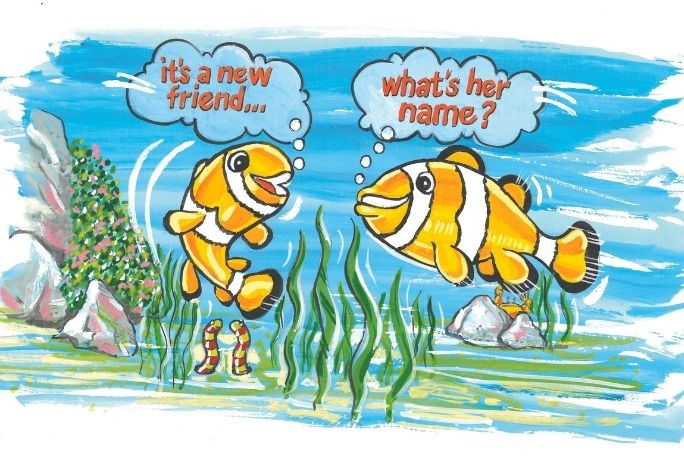Lesson summary
In this lesson, students will be made aware of some of the warning signs of online grooming, and consider how to respond to inappropriate interactions, including confiding in others and seeking support. They will understand how, as they approach adolescence, their desire for social connection increases, coupled with an increase in risk-taking that does not always align with the development of reasoning and problem-solving. They consider how this may increase their risk of being targeted by tricky people online.
Learning intentions:
Students will...
- understand how their developing brain plays a role in their actions and responses
- recognise some of the signs of tricky online communication
- know how they can take action if in an uncomfortable situation.
Success Criteria:
Students can...
- explain how online interactions can be risky
- provide examples of warning signs in online interactions.
Lesson guides and printables
Lesson details
Curriculum mapping
Australian Curriculum content descriptions:
Years 5 & 6 Health and Physical Education:
- Plan and practise strategies to promote health, safety and wellbeing (ACPPS054)
- Examine the influence of emotional responses on behaviour and relationships (ACPPS056)
- Investigate resources and strategies to manage changes and transitions associated with puberty (ACPPS052)
Year 6 English:
- Participate in and contribute to discussions, clarifying and interrogating ideas, developing and supporting arguments, sharing and evaluating information, experiences and opinions (ACELY1709)
Syllabus outcomes: PHS3.12, PHS3.12, COS3.1, INS3.3, IRS3.11, GDS3.9, EN3-1A
General capabilities: Literacy, Personal and Social Capability, Ethical Understanding, Information and Communication Technology (ICT) Capability
Relevant parts of Years 5 & 6 HPE achievement standards:
Students recognise the influence of emotions on behaviours and discuss factors that influence how people interact. They describe their own and others’ contributions to health, physical activity, safety and wellbeing.
Relevant parts of Year 6 English achievement standards:
Students contribute actively to class and group discussions, taking into account other perspectives
This lesson is part of the wider unit of work eSafety For Kids
Time required: 60 mins
Level of teacher scaffolding: Medium – facilitate class discussion and unpack information
Resources required
- Device capable of presenting a video to the class
- Device per pair of students (optional)
- Glossary of Key Terms (optional)
- Handling Sensitive Topics and Issues Factsheet (digital copy)
- Student Worksheets – one copy per student
Connected resources:
Skills
This lesson is designed to build students’ competencies in the following skills:
- Communication
- Digital literacy
- Empathy
- Ethical understanding
- Social skills
Additional info
Although this can be completed as a standalone lesson, it will be most effective if completed within the sequence of the unit, as follows:
The eSafety for Kids education package was developed in consultation with a team of experts, including a child and adolescent psychologist, education specialist, teachers, parents and in reference to the latest research and guidelines (at time of publication). It is designed to align with the recommendations in the Best Practice Framework for Online Safety Education (eSafety Commissioner).
The images for this eSafety for Kids package are sourced from The Tweeting Galah book series and used with permission from Kim Maslin.


Welcome back!
Don't have an account yet?
Log in with:
By signing up to Cool.org you consent and agree to Cool's privacy policy to
store, manage and process your personal information. To read more, please see
our privacy policy here(Opens in new tab).
Create your free Cool.org account.
Many of our resources are free, with an option to upgrade to Cool+ for premium content.
Already have an account?
Sign up with:
By signing up to Cool.org you consent and agree to Cool's privacy policy to
store, manage and process your personal information. To read more, please see
our privacy policy here(Opens in new tab).